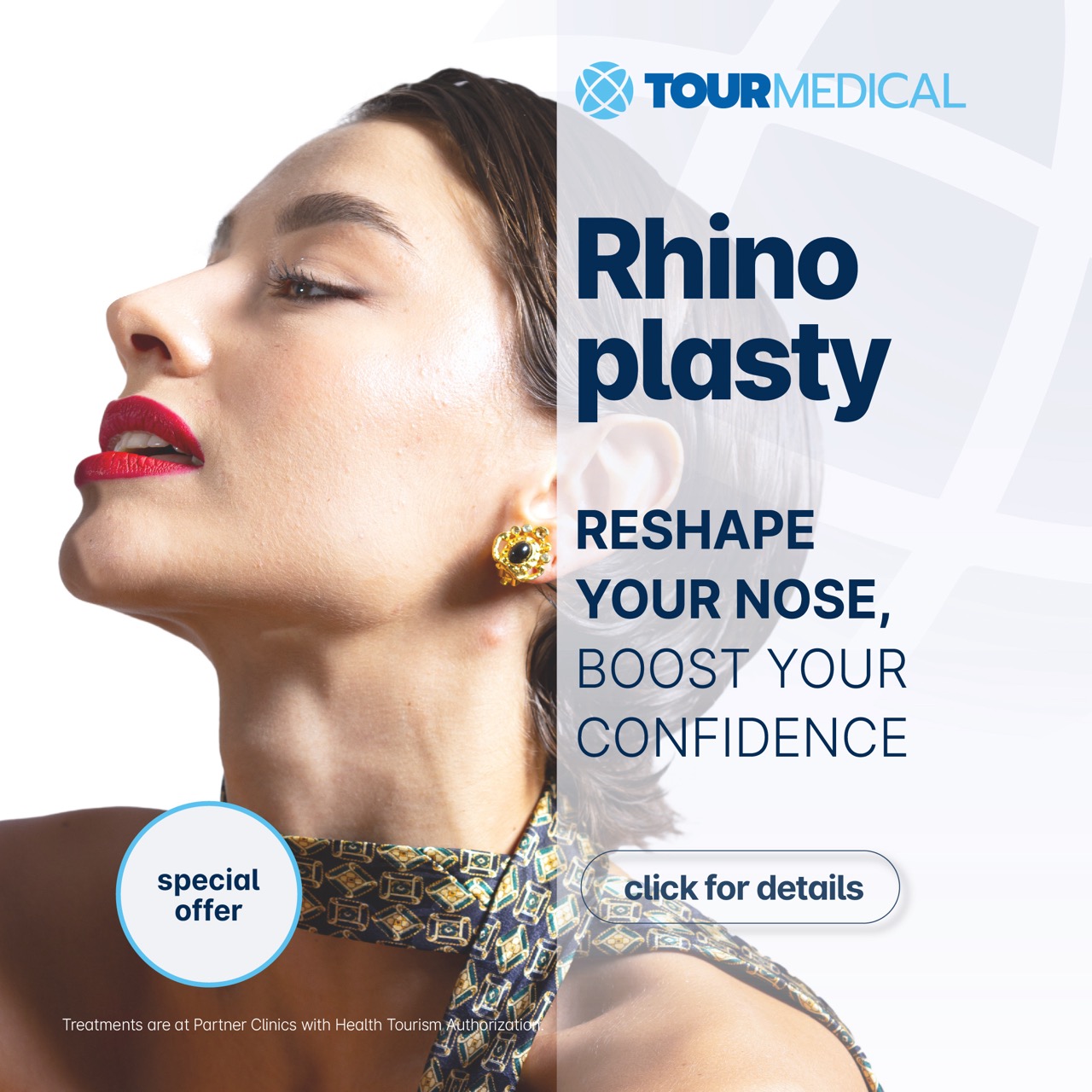Gastric Sleeve Surgery or Vertical Sleeve Gastrectomy (VSG) is an effective weight loss procedure that helps patients achieve significant and sustainable weight reduction. However, one potential side effect of rapid weight loss is the formation of gallstones. Understanding why gallstones may form after Gastric Sleeve Surgery and what can be done to prevent them can help you navigate your weight loss journey more smoothly.
In this guide, we will explore what causes gallstones after Gastric Sleeve Surgery, the symptoms to watch for, and how you can reduce your risk.
At Tour Medical, we work with trusted Health Tourism Authorized clinics in Turkey to organize and coordinate your gastric sleeve journey, ensuring that you receive high-quality care throughout the process. Our partner clinics perform detailed evaluations and provide expert recommendations to help you determine if Gastric Sleeve Surgery is right for you.
What Are Gallstones?
Gallstones are hard, pebble-like deposits that form in the gallbladder—a small organ located below the liver that stores bile, a digestive fluid produced by the liver. Gallstones can vary in size and are primarily composed of cholesterol or bilirubin. While many people with gallstones may never experience symptoms, they can cause significant pain and other issues if they block the bile ducts.
Why Does Gastric Sleeve Surgery Increase the Risk of Gallstones?
Gastric Sleeve Surgery can increase the risk of gallstones, particularly during periods of rapid weight loss. Here are the main reasons why gallstones are more likely to form after surgery:
1. Rapid Weight Loss
- Increased Cholesterol Secretion: One of the most significant risk factors for gallstone formation is rapid weight loss. When the body loses weight quickly, the liver produces extra cholesterol, which can lead to an imbalance in bile composition. This excess cholesterol can crystallize and form gallstones.
2. Reduced Gallbladder Contractions
- Decreased Bile Flow: After Gastric Sleeve Surgery, patients often consume fewer calories and less fat, leading to reduced gallbladder contractions. This can cause bile to stagnate, increasing the likelihood of gallstone formation.
3. Hormonal Changes
- Hormones Involved in Bile Regulation: Changes in appetite, digestion, and metabolism after surgery may impact hormones like cholecystokinin (CCK), which helps stimulate gallbladder contractions. These changes can lead to decreased bile movement and a higher risk of gallstones.
Symptoms of Gallstones After Gastric Sleeve Surgery
Gallstones do not always cause symptoms, but when they do, they can be painful and may require medical attention. Common symptoms include:
- Pain in the Upper Right Abdomen: Sharp or dull pain that may spread to the back or right shoulder.
- Nausea and Vomiting: Gallstones can trigger nausea, especially after eating a high-fat meal.
- Indigestion and Bloating: Some patients experience bloating, indigestion, or gas due to gallstones affecting bile flow.
- Jaundice: If a gallstone blocks a bile duct, it can cause jaundice (yellowing of the skin and eyes).
- Fever and Chills: In cases of infection, patients may experience fever, chills, and require immediate medical attention.
How to Reduce the Risk of Gallstones After Gastric Sleeve Surgery
While gallstones are a potential complication of rapid weight loss, there are steps you can take to minimize the risk:
1. Gradual Weight Loss
- Target Rate: Aim to lose 1-2 pounds per week to reduce the likelihood of developing gallstones. Following a balanced diet with adequate calorie intake can help prevent rapid weight loss.
2. Consume a Balanced Diet
- Healthy Fats: Include healthy fats like olive oil, avocado, and nuts in your diet to stimulate regular gallbladder contractions, which can prevent bile from stagnating.
3. Stay Hydrated
- Daily Hydration: Drink at least 64 ounces of water per day or as recommended by your healthcare provider to maintain the proper balance of bile and reduce the risk of stone formation.
4. Take Prescribed Medications
- Ursodeoxycholic Acid: Your doctor may prescribe this medication, which helps dissolve cholesterol in bile and reduces the likelihood of gallstone formation, especially during periods of rapid weight loss.
5. Regular Follow-Up Appointments
- Ultrasound Monitoring: Regular check-ups and ultrasounds can monitor your gallbladder health. Early detection of gallstones can prevent more serious complications.
FAQs About Gallstones After Gastric Sleeve Surgery
-
Why are gallstones common after Gastric Sleeve Surgery?
Gallstones are common due to rapid weight loss, reduced gallbladder contractions, and changes in bile composition, leading to cholesterol crystallization. -
How long after surgery do gallstones typically develop?
Gallstones can develop within 6-18 months after surgery, especially during rapid weight loss periods. -
Can gallstones be prevented after Gastric Sleeve Surgery?
Yes, gradual weight loss, a balanced diet, staying hydrated, and taking prescribed medications can help reduce the risk of gallstones. -
What are the symptoms of gallstones after surgery?
Symptoms include upper right abdominal pain, nausea, vomiting, indigestion, jaundice, and fever. -
Can gallstones be dissolved without surgery?
In some cases, medications like ursodeoxycholic acid can dissolve cholesterol-based gallstones. However, not all gallstones are treatable without surgery.
Even if you are not a patient of ours, you can contact us with any questions you may have. Our patient coordinators will be happy to assist you.
Email: info@tourmedical.com
 English
English













